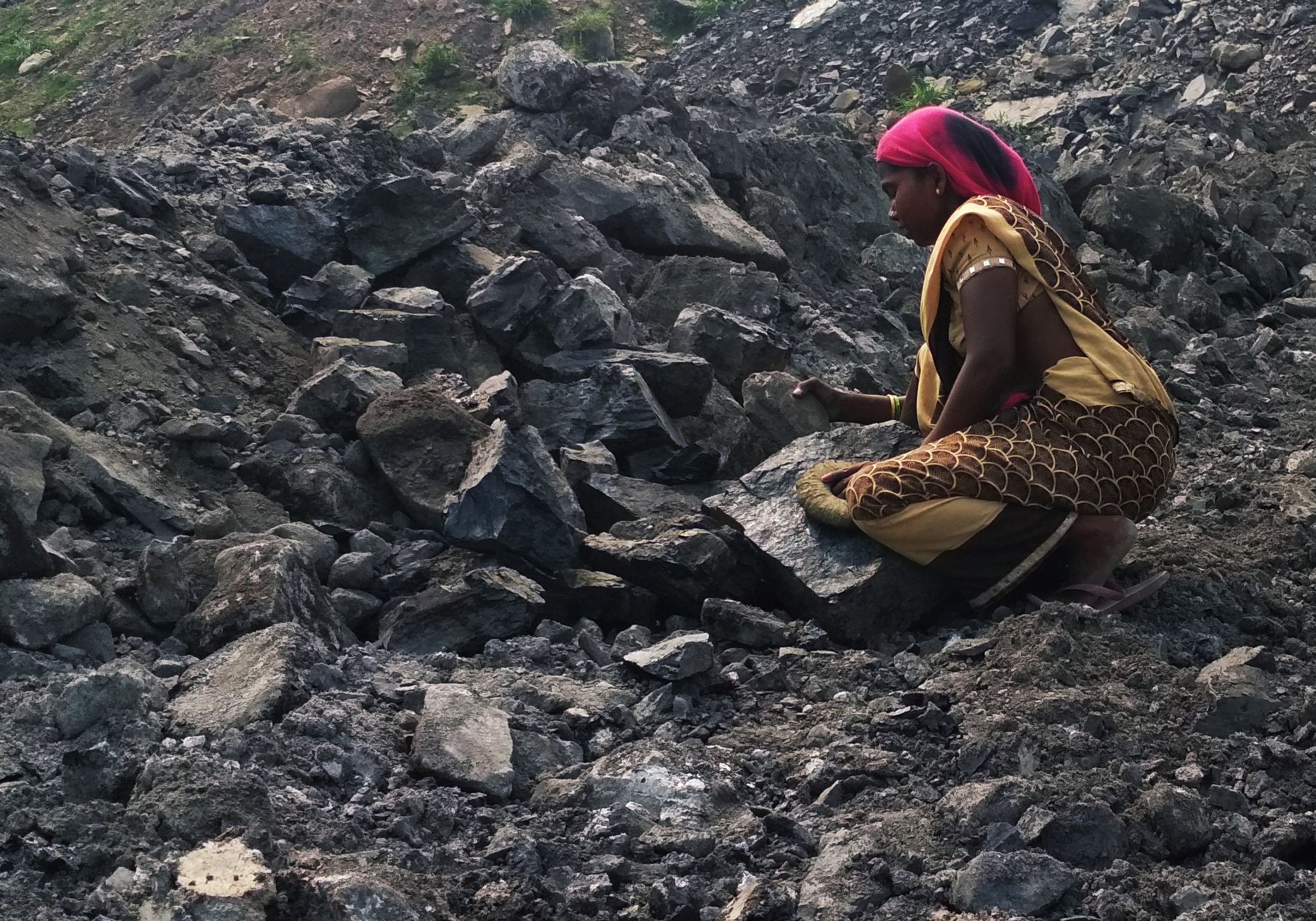The Government has introduced an amendment bill in the Lok Sabha on March 15, to further amend the Mines and Minerals (Development and Regulation) Act, 1957. Amendments have been proposed on a number of issues related to mining, including auctions, clearance and permit validity of mine leases, functioning of District Mineral Foundation (DMF) Trusts, among others. What comes across clearly from an overall reading of the MMDR Amendment Bill 2021, is that it increases the power of the Central Government in almost all aspects of decision-making on mining.
One of the most significant amendments in this regard is taking decisions on matters of DMFs. The Government had instituted DMF by amending the MMDR Act in 2015 to improve the social responsiveness of the mining sector. As specified in the law, the objective of DMF is to work for the interest and benefit of areas and people affected by mining and related activities.
The State Governments were entrusted with the primary responsibility of setting up DMFs in every mining district (of the respective state), through a notification. At the same time they were also vested with the power to prescribe the composition and functioning of DMFs.
The 2021 Bill proposes to increase the Centre’s say on matters of DMF. It has been specified that the “Central Government may give directions regarding composition and utilisation of fund” by the DMF.
The question is, what does this mean for DMF implementation, if the Bill becomes a law.
To answer this, it is important to consider what has been going on with DMFs in various states, and whether a direction from the Centre is necessary on its composition and functioning.
The MMDR Amendment Act 2015, under which DMF has been instituted, specifies that its composition and functioning, should be guided by three important people-centric laws. These include, the constitutional provisions as it relates to Fifth and Sixth Schedules (for governing tribal areas), provisions of the Panchayats (Extension to Scheduled Areas) Act (PESA), 1996, and the Scheduled Tribes and Other Traditional Forest Dwellers (Recognition of Forest Rights) Act, 2006 (in short the Forest Rights Act).
However, the DMF Rules as developed by most State Governments frustrates this. This has also been affecting DMF implementation.
First let us consider the composition of DMFs. Barring a handful, DMFs in most states/districts are dominated by officials and political members. This is true even for DMFs in Scheduled districts. There is negligible representation of Gram Sabha members, or general mining-affected people in the DMF body. This has resulted in top-down decision making. In most top mining districts, the affected community for whom DMFs have been developed, barely have any knowledge of it, or have any say about how it operates.

Second is the issue of DMF functioning and fund use. In nearly six years time, while more than Rs. 45,000 crores have accrued to DMFs across various districts in India, there is little perceptible change on ground with respect to development indicators, and basic factors of human well-being.
A major reason for this is lack of planning. Barely any DMF Trust has developed a DMF plan to use the funds in a targeted manner, and as per the need of the people who are the beneficiaries. This has led to ad-hoc decisions on fund use, without prioritizing issues where intervention is necessary. Just one example shows this clearly. While poverty and livelihood are critical issues for the mining-affected people, no substantial investment has happened. In the first five years, most districts have spent only 0-4% of the DMF budget towards this. Equally neglected areas have been child development, healthcare etc. in many districts. At the same time, there has been no significant effort for delineating the mining-affected areas, or identifying the mining-affected people.
The Centre’s intervention, which the 2021 Bill now suggests, presumably can help to improve DMF implementation, if the right directions are given. The Pradhan Mantri Khanij Kheshtra Kalyan Yojana (PMKKKY) guidelines must also be revised considering the current challenges with DMFs.
What is urgently required for the states, is to revise their DMF Rules. This is where the Centre can issue necessary directions. This can include directions on:
- Revising the composition of DMF to include Gram Sabha members from directly mining-affected villages/panchayats (or ward members) in the DMF Governing Council. At least 10% of the members should be from directly affected villages (or wards if an urban area).
- DMF planning, including preparation of annual action plans, and perspective plans, by engaging experts.
- Identifying and notifying the beneficiaries (the mining-affected people) and delineating the mining-affected areas to improve effectiveness of fund use.
- Setting up of DMF office in districts for purposes of coordination, planning, monitoring, and public disclosure of information. There is already 5% of DMF funds available for this.
- Establishment of a state-level monitoring and co-ordination committee, for monitoring and co-ordination of DMF operations in various districts.
- Improving accountability by information disclosure in public domain, and mandating both financial and performance audits of DMF Trusts.
The bottom line is, the Centre’s increase in power to intervene on DMF implementation, should not mean more top-down control. The directions must uphold the spirit of DMF, which is of a people-centric institution.
A public policy professional, Srestha’s core interest lies in improving environment and resource governance, and securing community rights through an interface of strong research and advocacy. She is currently director, Just Transition, at iFOREST.
